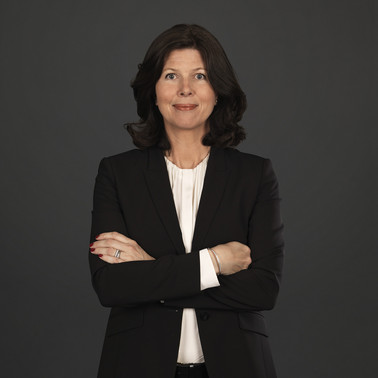New Foreign Direct Investment review System
The Swedish Parliament has approved a new law on the review of foreign direct investments. The purpose of the legislation is to prevent foreign direct investment in sensitive activities that could be detrimental to Sweden's security. The new law will affect many investments and M&A processes.
These sensitive sectors include critical infrastructure, defense, and security-related activities. Among other provisions, the proposal grants the scrutiny authority the power to review and, if necessary, prohibit foreign direct investments in activities of significance to Swedish security interests. The new law will come into effect on December 1, 2023 and will affect any transaction with a closing date on or after that date.
Background to the New Framework
Foreign direct investments contribute to promoting Sweden's economy and competitiveness. Previously, there was no effective framework to assess the risks associated with foreign entities acquiring companies engaged in sensitive activities in Sweden. These activities could involve information or technology vital to Sweden's security or public order. The majority of EU member states have introduced scrutiny systems to prevent investments that pose security risks.
The new framework expands the scope of foreign direct investment scrutiny. It covers investments with security risks, such as those in Swedish companies engaged in critical activities that maintain or ensure essential societal functions. The framework applies to a broad spectrum of sectors.
Key Elements of the New Scrutiny System
The new law establishes a scrutiny system for investments in companies engaged in sensitive activities in Sweden. Notification requirements apply when the investor gains direct or indirect control over the business. This system applies regardless of the investor's nationality or location, and even Swedish investments in sensitive activities fall under the new framework. The Inspectorate of Strategic Products is proposed as the authority in charge of supervising the new Act.
The procedure for the new scrutiny system involves the authority deciding within 25 working days to either accept the notification without further action or initiate a review of the investment. If a review is initiated, the authority must decide whether to approve or prohibit the investment within three months, with the possibility of extending the timeframe. A decision to prohibit a foreign direct investment is made if it is deemed to have a detrimental impact on Sweden's security, public order, or overall safety.
The authority may also impose conditions when approving investments if deemed necessary to prevent harm. Additionally, the authority has the power to initiate a review on its own initiative if there is reason to believe that the investment may jeopardize Sweden's security.
Non-compliance with the framework, such as failing to notify, can result in sanctions of up to SEK 100 million. Decisions on fines and orders can be appealed to the Administrative Court, while decisions on prohibitions and conditions can be appealed to the government.
Impact on Businesses
Foreign direct investments in sensitive sectors in Sweden will now undergo scrutiny before being finalized. Clients in the M&A space planning such investments must adhere to the notification process. Furthermore, the new framework complements existing notification requirements, which will run in parallel with other applicable laws such as the Swedish security protection law and merger control. This means that a transaction may need to be scrutinized under all three frameworks before it can proceed. The new rules may introduce administrative complexities, including extended timelines and additional transaction risks. As a result, businesses should consider the new framework early in the transaction process.
For more information on the new framework and its implications, please feel free to contact our specialists Erik Brändt Öfverholm, Charlotte Brunlid, Marianne Ramel, Robin Heimdahl, Linnea Wernheim or Hanna Medelius.




